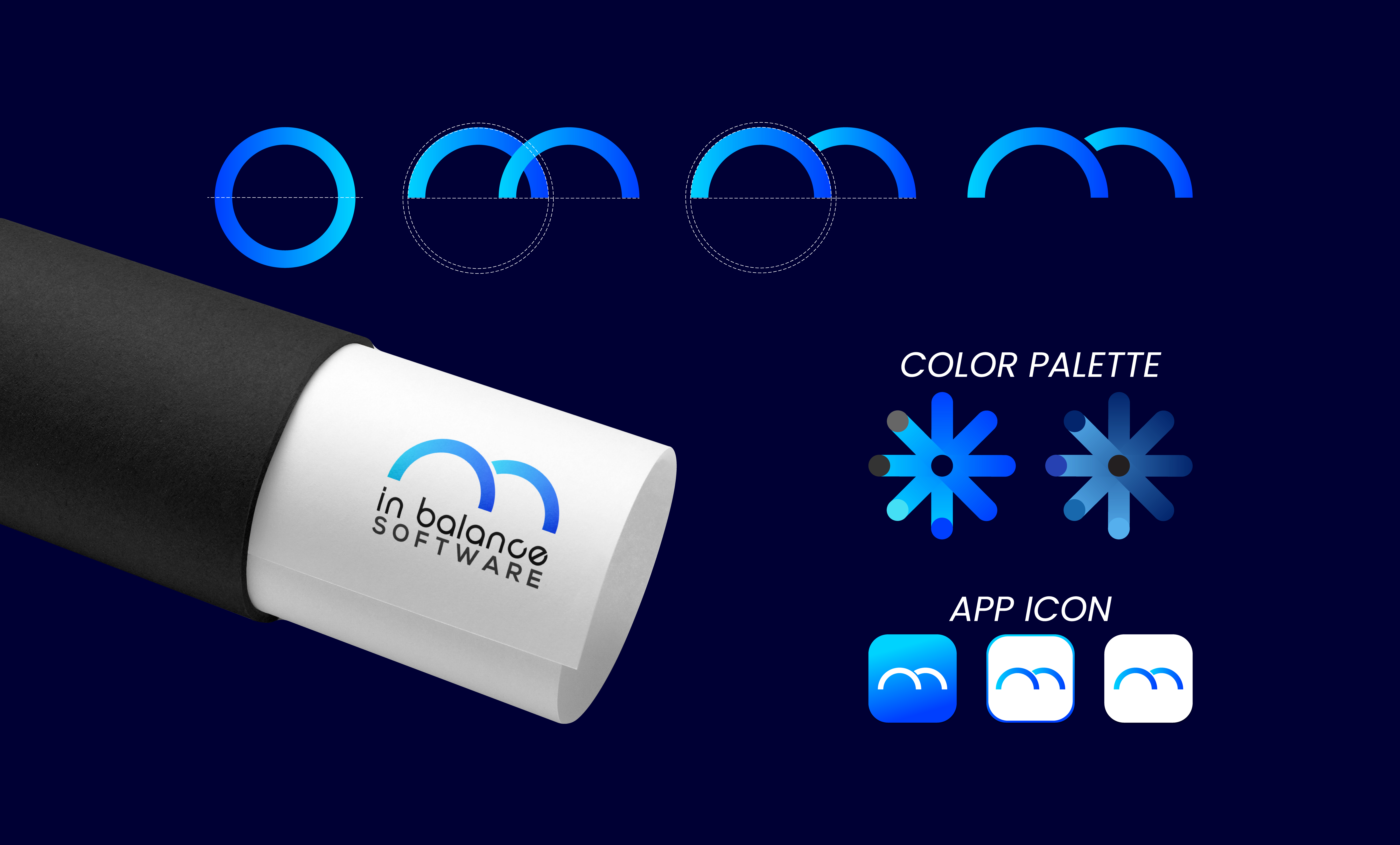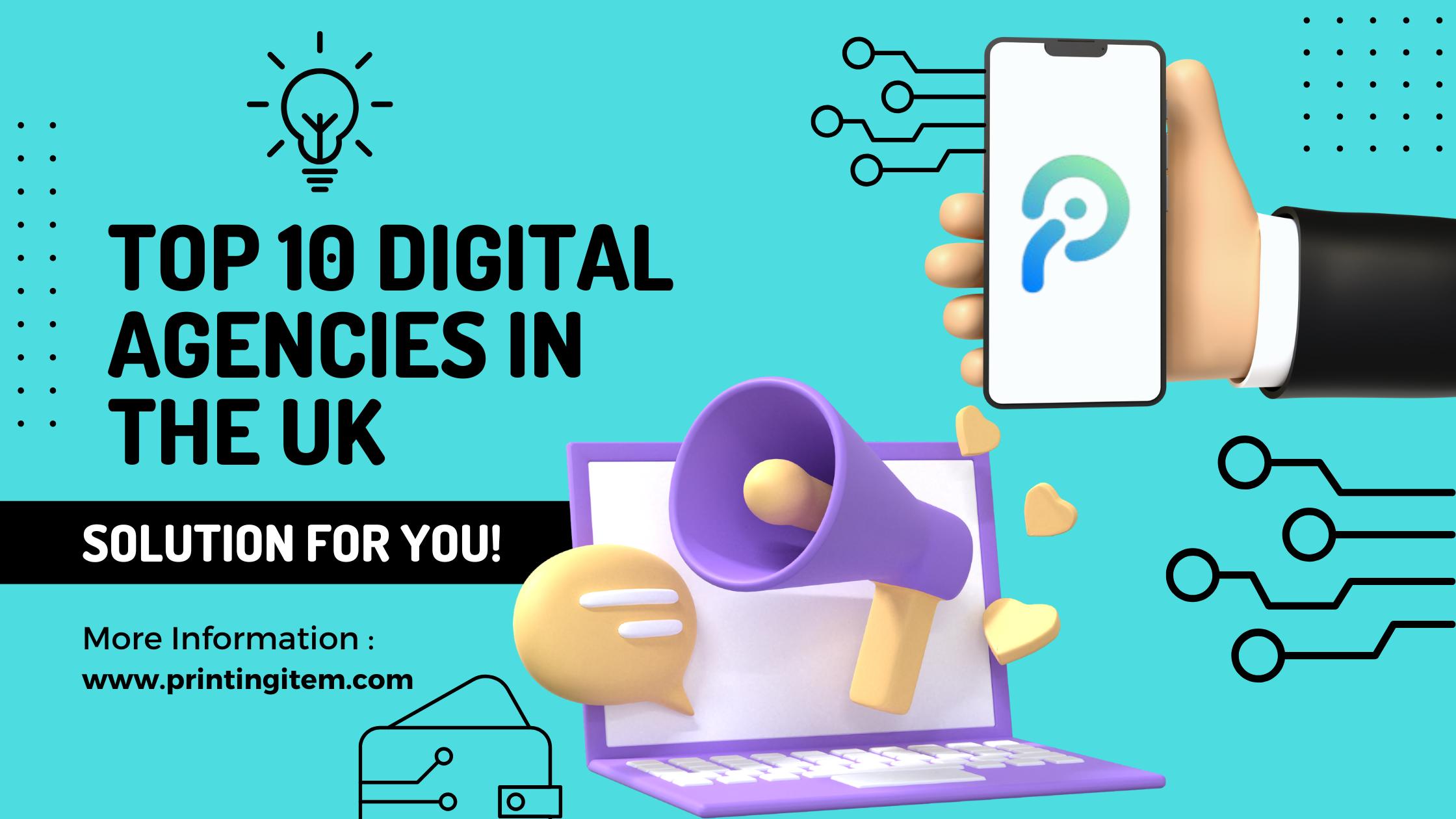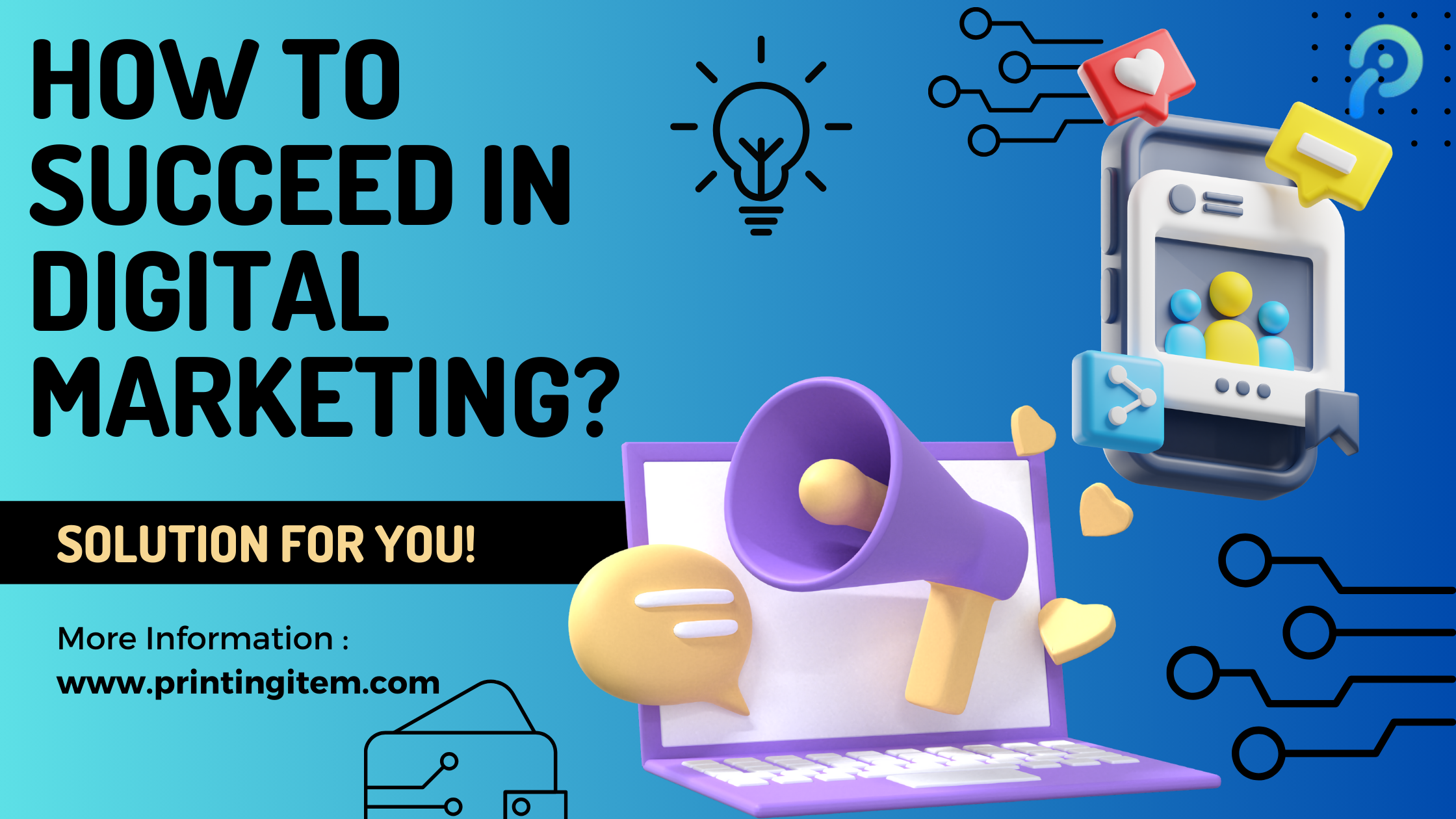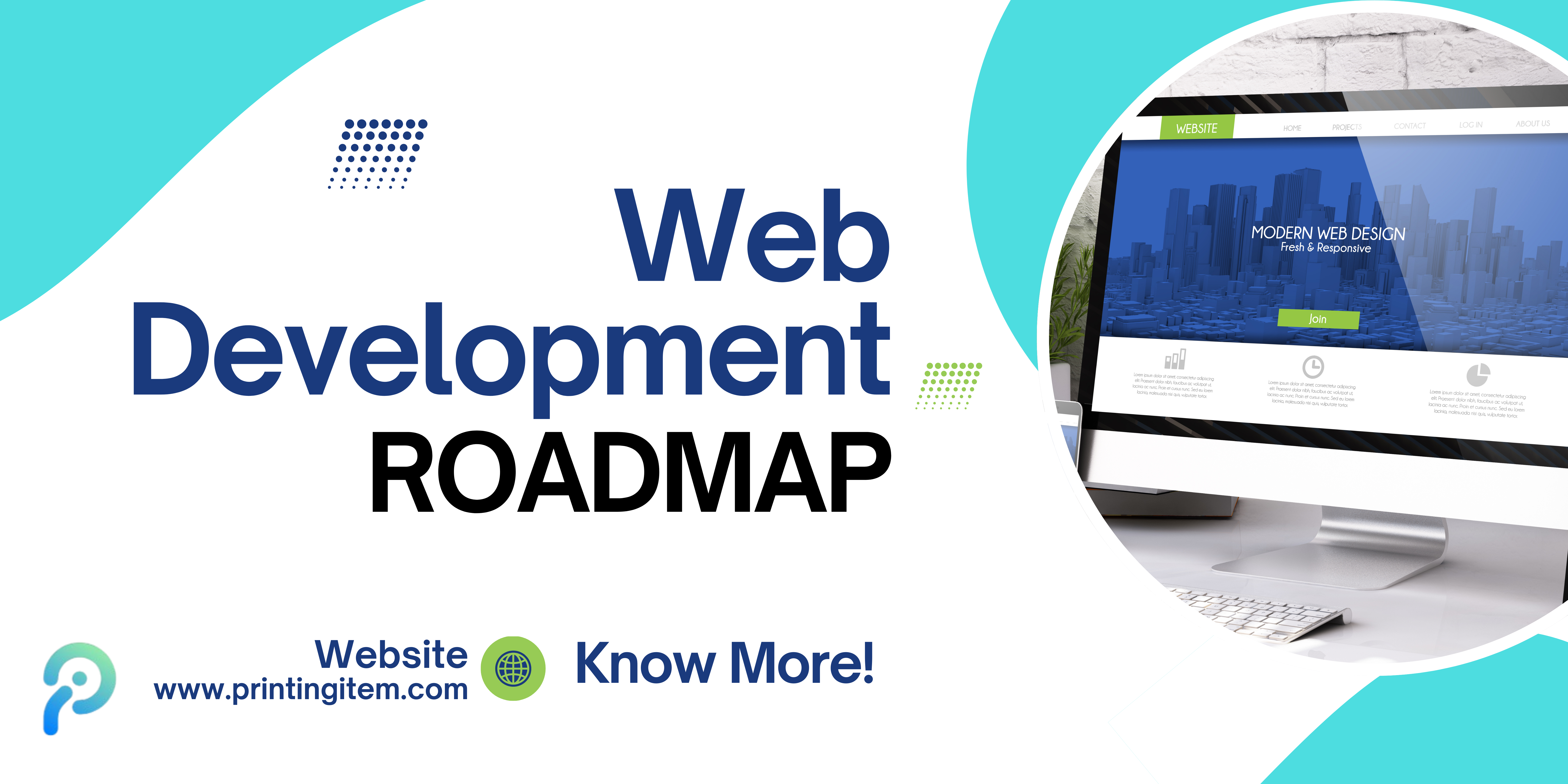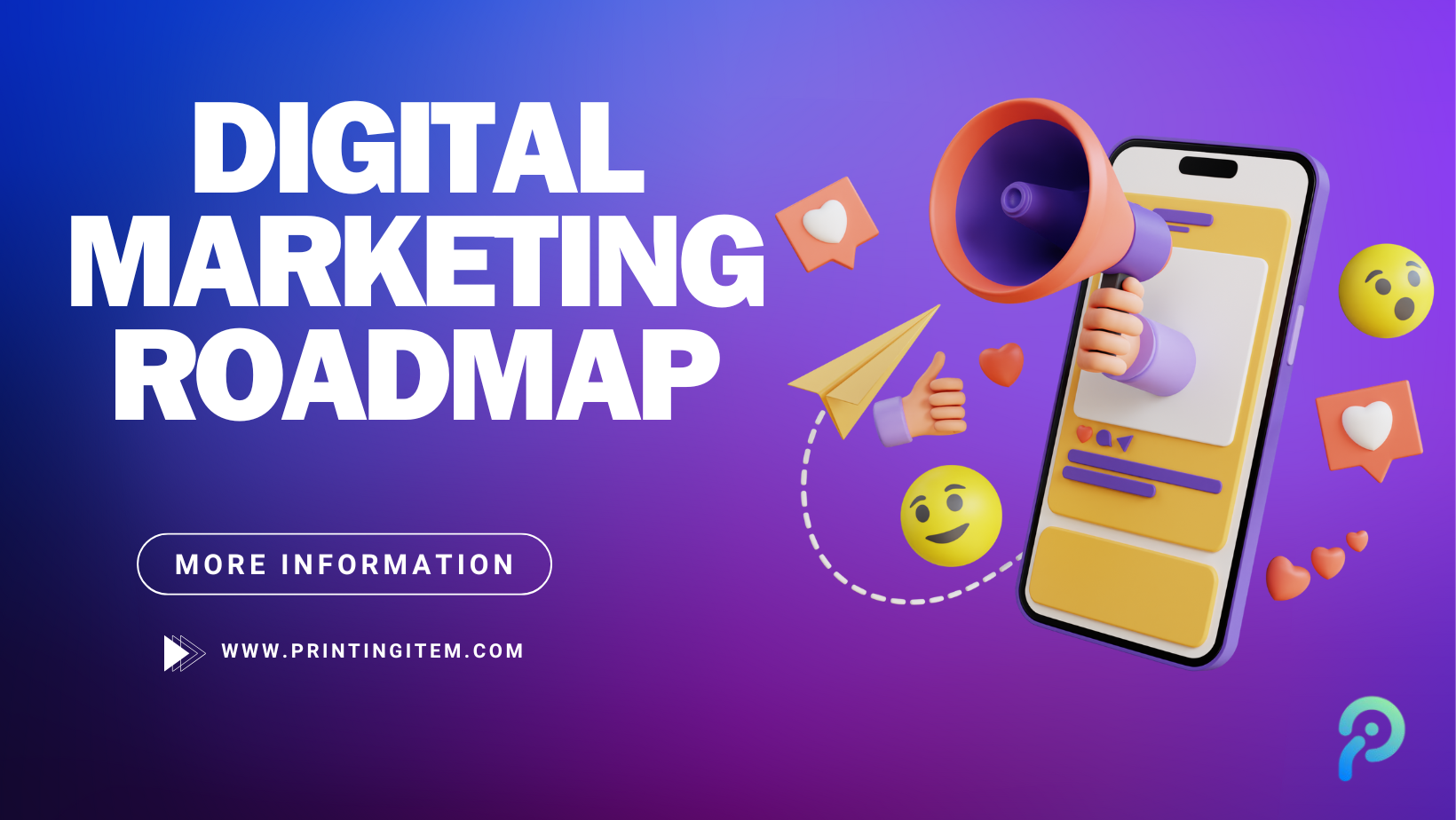
A roadmap to digital marketing will facilitate understanding the various dimensions of this discipline effectively. Here are all the steps:
Step 1: Understand the Basics
Overview of Digital Marketing: First, understand the underlying concepts: importance of digital marketing, Key Channels: SEO, content marketing, social media, email marketing, PPC, and affiliate marketing-know about various digital marketing channels.
Step 2: Learn About SEO (Search Engine Optimization)
Keyword Research: Learn to find the right keywords by using tools such as Google Keyword Planner and SEMrush. On-Page SEO: Learn page title, meta description, header, and content optimization for search engines. Off-Page SEO: Learn link-building strategies and know the reasons behind this action's popularity-what backlinks really mean. Technical SEO: Learn site speed, mobile friendliness, and other technical characteristics.
Step 3: Conquer Content Marketing Content Creation
Learn to create types of valuable, relevant content that your audience will appreciate.
Content Strategy: Create a content calendar and understand different formats of content like blogs, videos, and info-graphics. Distribution: Understand how to distribute content across multiple platforms.
Step 4: Understand Social Media Marketing Overview of Platforms
Understand the major platforms - Facebook, Instagram, Twitter, LinkedIn- their audiences. Content Creation: Learn how to create effective posts, stories, and ads. Analytics: Understand how to measure engagement and performance using analytics tools on social media.
Step 5: Understand Email Marketing
List Building: Learn how to build and segment email lists for targeted campaigns. Campaign Creation: Understand how to design effective email campaigns inclusive of newsletters and promotions. Analytics: Understand metrics such as open rates, click-through rates, and conversion rates.
Step 6: Delve into Pay-Per-Click (PPC) Advertising Google Ads
Learn the basics of how to set up Google Ads campaigns, how to bid on keywords, and how to target ads.
Social Media Advertisements: Learn to run effective ads on Facebook and Instagram.
Analytics: Understand how to measure ad performance and return on ad spend.
Step 7: Learn Analytics and Data
Google Analytics: Understand how to track traffic flow, user behavior, and website goals.
A/B Testing: Know about the power of A/B testing to optimize campaigns.
Data Interpretation: Learn to analyze and interpret data so as to actually inform marketing decisions.
Step 8: Learn Additional Channels
Affiliate Marketing: That is, learning to utilize affiliates in marketing products and services.
At this stage, Influencer Marketing: How to work with them to reach big audiences.
Mobile Marketing: Learn mobile-specific strategies, best practices, and more.
Step 9: Keep Your Fingers on the Pulse
Continuous Learning: Following all the latest industry blogs, podcasts, and webinars for updated knowledge about trends and tools.
Networking: Building up a network in marketing communities; attending events or conferences.
Step 10: Real-World Projects
One can apply his knowledge in running digital marketing campaigns on personal projects or during internships.
Portfolio Development: One can build a portfolio of work, showing results and case studies.
Conclusion
Digital marketing is an exciting field. With this roadmap, one is bound to have a strong core to develop an aptitude toward the learning curve that is decisive in attaining success in digital marketing.






